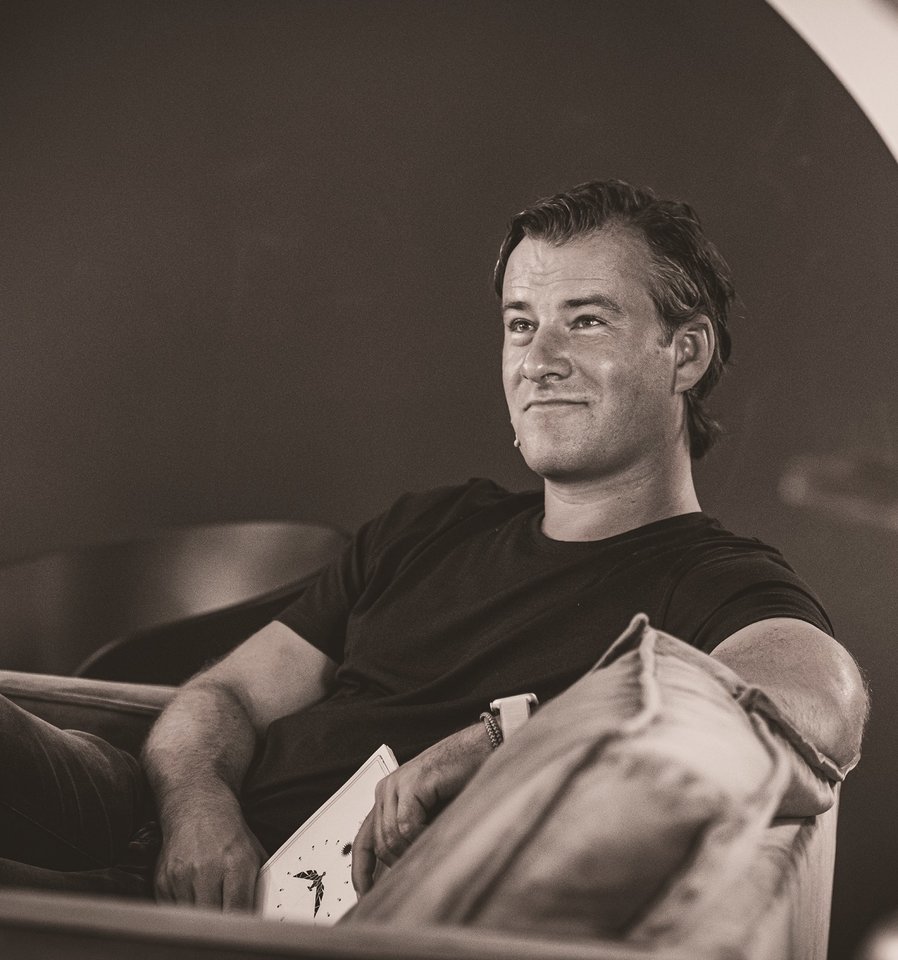The Dutch Quantum Computing Startup Ecosystem
You initiated the Infinity program at Quantum Delta NL. What is it, and how is it different from startup accelerators?
Infinity is a stage and TRL level agnostic program that can connect Dutch quantum technology startups with 20 billion euro in investment capital, managed by European and U.S. funds. Our goal is to make the Netherlands the number one quantum tech startup ecosystem in the world. We give startups tailored assistance to scale their businesses and optimize their attractiveness to investors. Dutch quantum startups in all phases can apply, ranging from pre-foundation to consecutive stages of venture capital financing and everything in between. Unlike startup accelerators, we prefer to keep startups in stealth mode while closing a serious investment round. Because of our network and personal approach, investors are highly interested in the startups we introduce them to. After closing their investment round, the startup actively engages in communication and PR.
For very early quantum tech startups we built a dedicated microfund of 2 million euro that can deploy 50 thousand euro SAFE note tickets (Simple Agreement for Future Equity). We adopted the SAFE note as it’s an instrument that is straightforward, founder-friendly and fills the gap in the earliest stage for quantum startups. This approach gives early startups the maximum flexibility needed, particularly in the quantum technology space as development timelines and roads to profitability extend far beyond that of classic startups. The investment does not have to be repaid, as with a traditional convertible loan or note, if a startup fails to advance. Our goal is to fund 35 to 40 new quantum startups in the next couple of years with this microfund.
After this first step, capital raising can grow substantially. QuantWare, a spinoff of QuTech and member of the Quantum Delft ecosystem that develops high-performance quantum processors, is the first startup to tap into the program. In total, QuantWare raised 1.15 million euro, right out of stealth with support from the Infinity program and the initial SAFE note investment. Infinity has also supported and guided the Delft-based startup QphoX in their fundraising round, which raised 2 million euro to bring its Quantum Modem to the market. QuantWare and QphoX are just two examples that signal the potential we have in The Netherlands if we are willing to look further than the classical path to acceleration. Utilizing the full potential of directly available and well-curated, primarily European venture capital funds means that we can both make early bets and double down on our Dutch ventures when the capital is needed to scale up further.
How is the quantum startup landscape developing?
The number of startups is rapidly growing, as is the capital available to them. In the past three years, investments in quantum startups have increased almost eightfold. In the first half of 2021 alone, 1.3 billion US dollars were invested in startups globally. In the Netherlands, capital invested in quantum startups has doubled in the past nine months. This trend will continue; the quantum ecosystem develops at an unprecedented speed. Having said that, we remain aware that capital might become a constraint in the future, for European quantum startups and Dutch ones in particular, as many European funds are still not diving into foundational technology. We’ll need to engage with both local and international sovereign wealth funds, institutional investors and family offices to ensure that our later-stage quantum startups can attract large sums of capital (100+ million euro rounds), so that we can hopefully look back in eight years and see how we’ve helped to create a new and incredibly important quantum scale-up ecosystem that can stand on its own.
What are key themes within the start-up domain?
Right now, there is more focus on developing hardware and software as opposed to applications. Startups tend to provide limited information about applications; the ones that do mention usually higher-level applications, like healthcare or material design. This makes sense considering the current state of quantum technologies.
What types of investors show interest in quantum technologies?
There are three types of investors. First, more general investment funds that recognize the potential of quantum technologies but are risk-sensitive; they will limit their investments to one startup per fund. Second, we see deeptech funds, i.e. funds that invest in early-stage technologies. Some funds that used to be technology-agnostic are now specializing in quantum technologies. Third, there are niche funds with a strong focus on quantum technologies. Overall, interest from investors is growing. As a result, valuations go up, and there is a bit more flexibility in deal terms, which further accelerates the development of startup ecosystems. We are still in the beginning though – overall valuations are relatively low.
What characterizes quantum start-ups?
Teams are highly knowledgeable; most of them were scientists before. Contrary to what people often say, I observe that many scientists can become successful entrepreneurs. The insecurities and risks that come with entrepreneurship are usually a bit scary for them, but they are eager to make things happen, and seem to be more responsive than non-scientist startup founders I work with.
